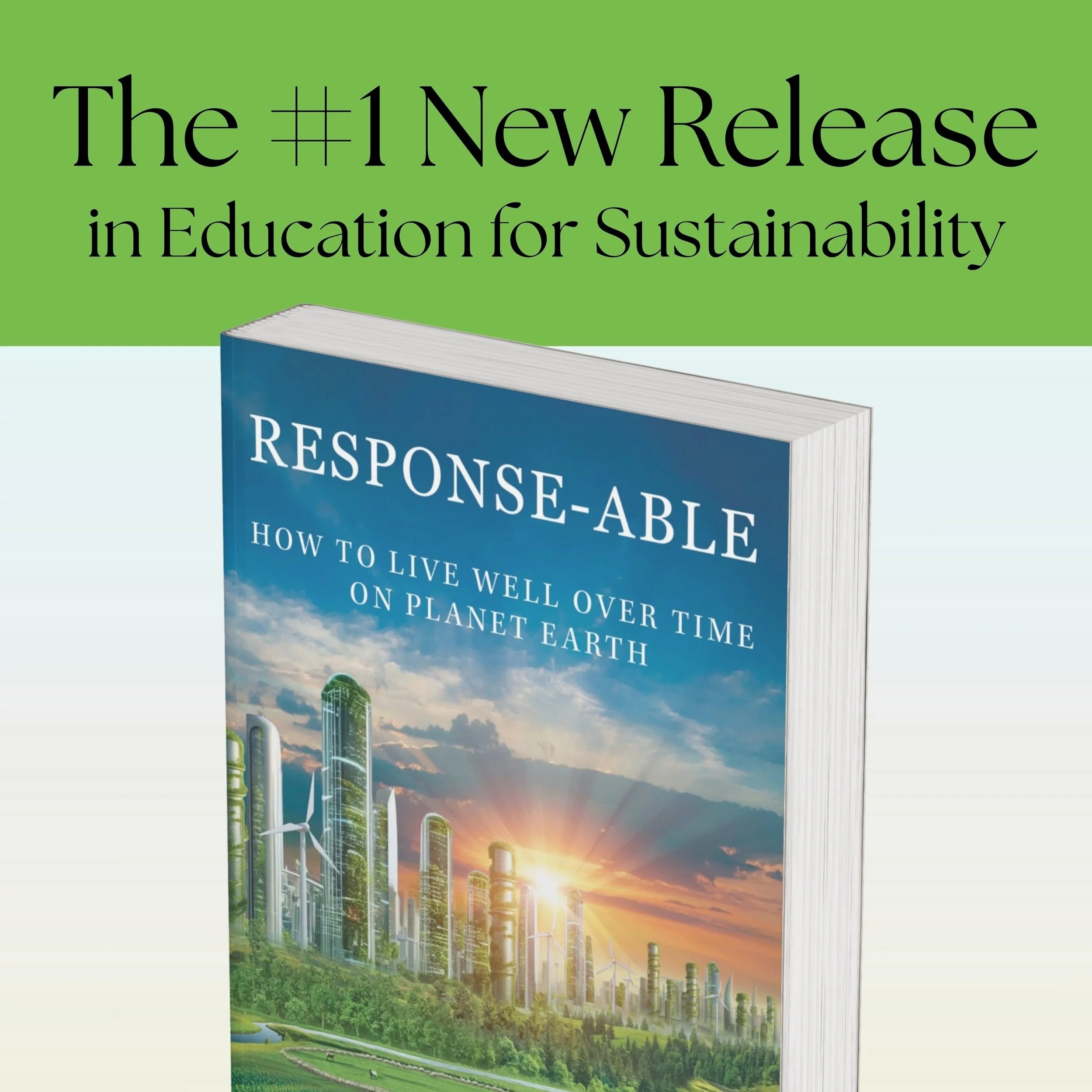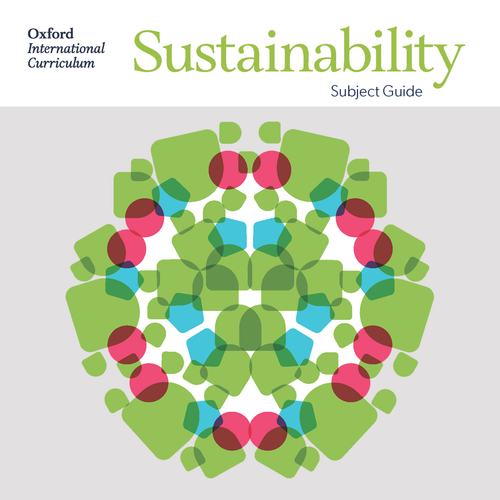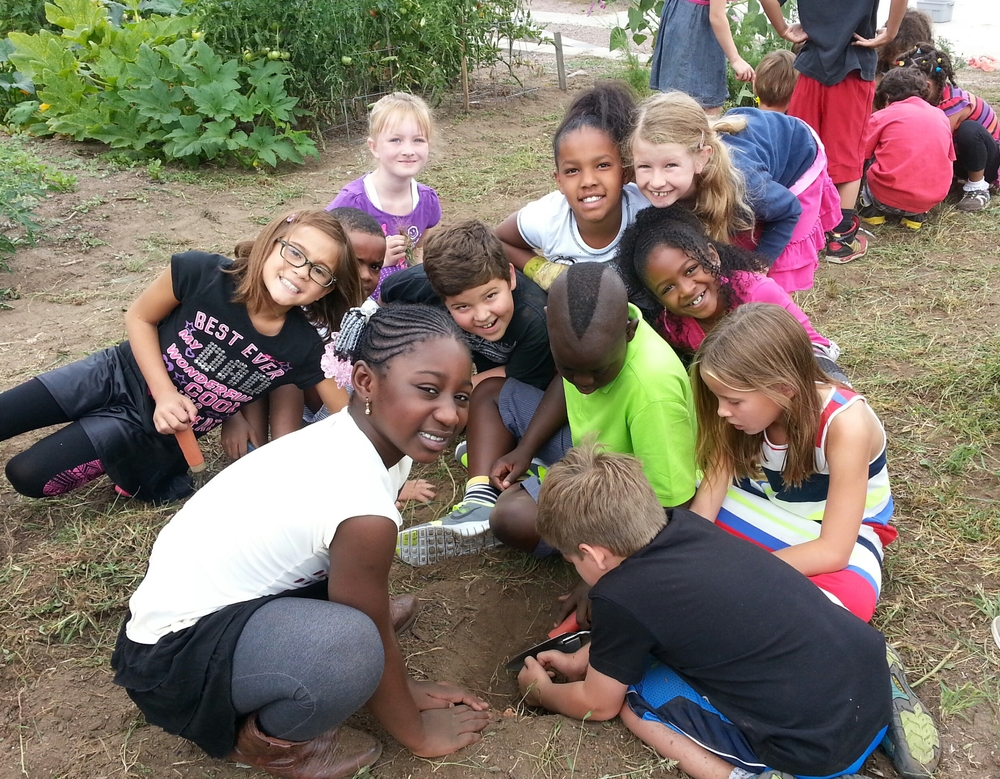We are excited to announce the upcoming release of Response-able: How to Live Well Over Time on Planet Earth, a powerful new book by sustainability education pioneer Jaimie P. Cloud!
In Response-able, Jaimie invites young people—and the young at heart—to reimagine their relationship with the world and step into their role as creators of a sustainable future. This book offers a refreshing and empowering guide for anyone ready to think differently about how we live, learn, and lead on planet Earth.
By pre-ordering, you are helping to cover the final publishing, editing, and marketing costs—and ensuring this important book reaches more readers who can use it to make a difference.
Read More

















